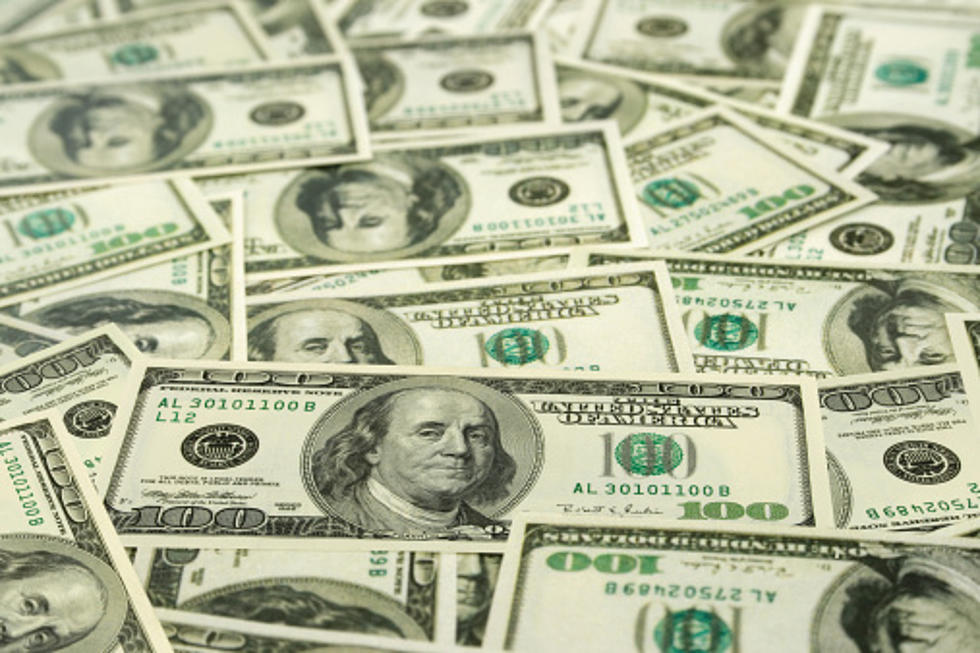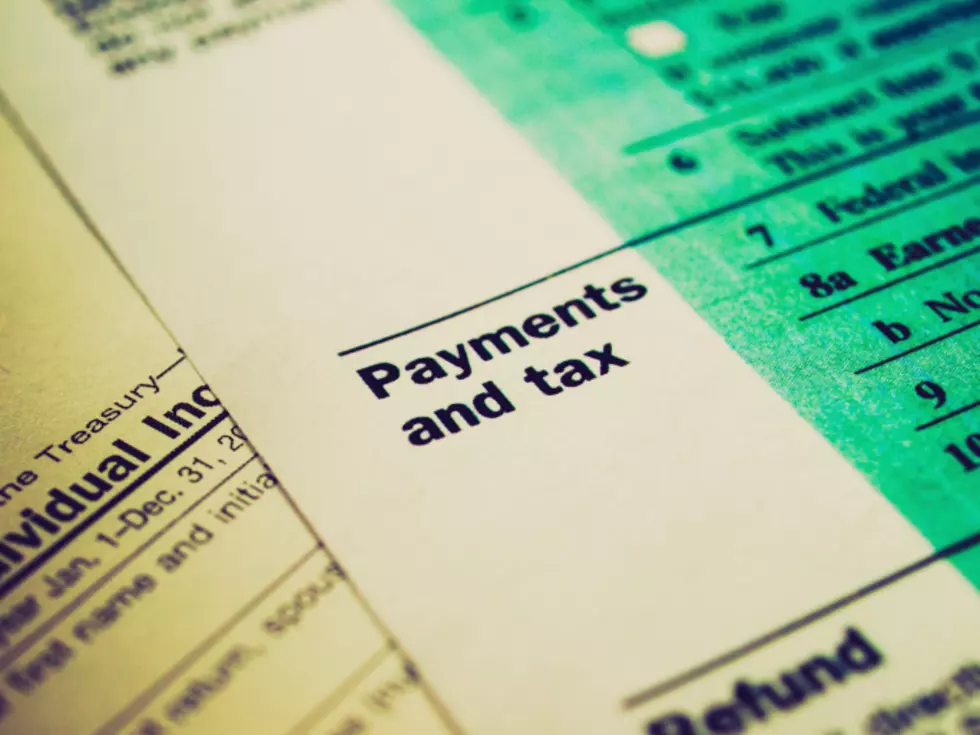
Investment options for an emergency fund
Q. What’s the best way to keep my emergency fund? Bank accounts pay nothing, so…?
— Saver
A. You’re right that bank accounts aren’t paying much of anything. That sure is frustrating to people who need to keep cash on hand, such as for an emergency fund.
“You want to put your emergency funds in an account where the funds are easily accessible and not exposed to risk,” said Anthony Benante, a wealth management principal and chartered financial analyst with Baron Financial Group in Fair Lawn. “Examples include traditional bank accounts that carry FDIC insurance — savings, checking, money market, etc.
Benante said you don’t want your emergency funds exposed to volatility because it is possible you may need access to the funds when markets are having bad times.
If you put emergency funds in a risk asset, it could wind up causing you two financial problems, as opposed to having one financial solution, he said.
How much you put in your emergency fund really depends on your specific situation, the stability of your job, your monthly budget and the consideration of all financial resources available, Benante said.
“Typically, you want to put six to 12 months of your salary away,” he said. “If you are in a risky job or the majority of your income is from commissions or bonuses, the emergency fund may need to be more.”
There are a few options other than a bank savings account to park your emergency fund.
You could consider laddering Certificates of Deposit (CDs).
“You purchase a 6-month, 12-month and 18-month CD with some of the money and maintaining the rest in a money market account,” said Bill Connington of Connington Wealth Management in Paramus. “When the 6-month comes due, you roll it out to a new 18-month. This means you will have a CD coming due every six months.”
Connington said this would increase the yield a little and leave you with some liquidity.
The other options would to be to invest the money into a short-term municipal bond fund, he said.
“What you need to watch here is the cost of investing so you would use a low-cost with no upfront cost mutual fund or exchange-traded fund (ETF),” Connington said. “Otherwise there unfortunately not much you can do due to the low rates.”
Email your questions to ask@njmoneyhelp.com.
Karin Price Mueller writes the Bamboozled column for The Star-Ledger and she’s the founder of NJMoneyHelp.com. Click here to sign up for the NJMoneyHelp.com weekly e-newsletter. Like NJMoneyHelp.com on Facebook and follow it on Twitter.
More From New Jersey 101.5 FM









